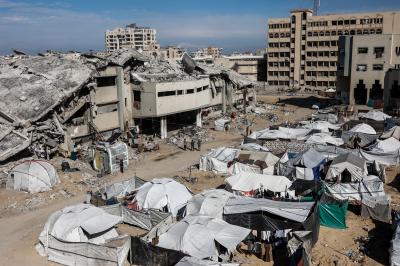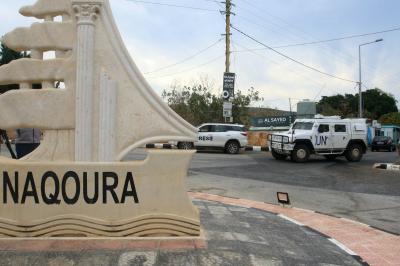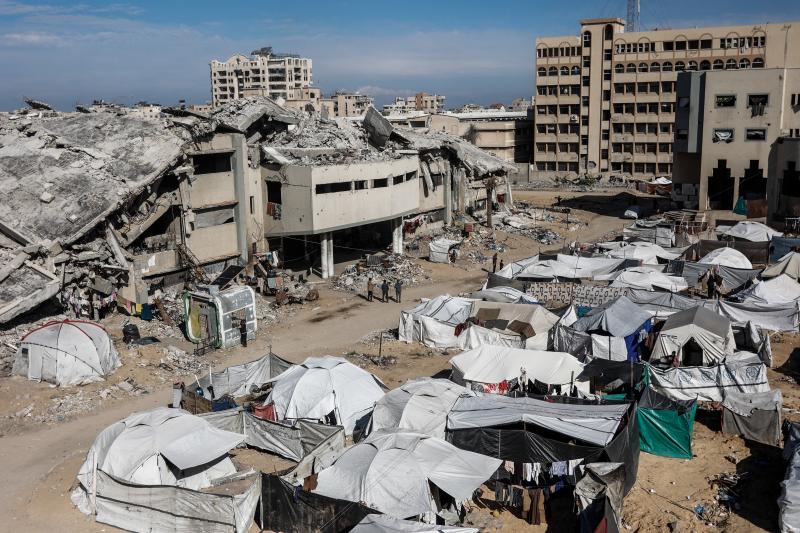The governmental and political psychodrama has reached its peak with the statements of Prime Minister Michel Barnier. The risk is losing the confidence of financial markets that lend to France to finance its debt. France is borrowing at the same interest rate as Greece! Barnier, therefore, as an experienced man, played the card of "me or chaos."
Is this political dramatization? And all of it just to ensure the political survival of his government and his position as Prime Minister? The French political situation is very tense: some are now calling for Emmanuel Macron's resignation. The financial situation is dire: no 2025 budget in its current state, and a country with €3,228 billion in debt that needs to borrow an additional €300 billion next year. The social situation is explosive, with mass layoffs following one another. And yet, no one in Europe can rejoice at this French situation, which weakens the entire Eurozone structure.
Even the European Commission has stepped in to defend the "Barnier budget," presented by the former European Commissioner, despite the absence of an approved French budget! Barnier will likely have to push through the National Assembly using Article 49.3 of the French Constitution. Will Barnier then face a motion of no confidence?
Brussels wants to "save soldier Barnier." And Barnier himself is making political and economic concessions to Marine Le Pen's National Rally to ensure that her party does not vote for his censure!
The situation is tense for the entire Eurozone, as Germany itself is going through significant economic challenges. Its industry, particularly the automotive sector, is suffering due to reliance on Russian gas and is implementing mass layoffs. Yet, for financial markets, the French situation appears riskier.
This is evidenced by the interest rate spreads between the first and second-largest economies in Europe, which have not been this high since 2012. France's 10-year borrowing rate, which moves inversely to demand, has risen to over 3%, compared to 2.2% for its German neighbor. Another key indicator of French risk: stock market performance. Since the start of the year, Paris’s benchmark CAC 40 index has fallen by nearly 5%, while Germany’s DAX has gained over 15%.
France lives under the scrutiny of credit rating agencies, which are poised to downgrade its creditworthiness, thereby increasing the cost of its borrowing.
France's countless crises weaken Europe as a whole. The continent risks marginalization, caught between Trump's "new America" and China’s global ambitions.
Please post your comments on:
[email protected]
 Politics
Politics














